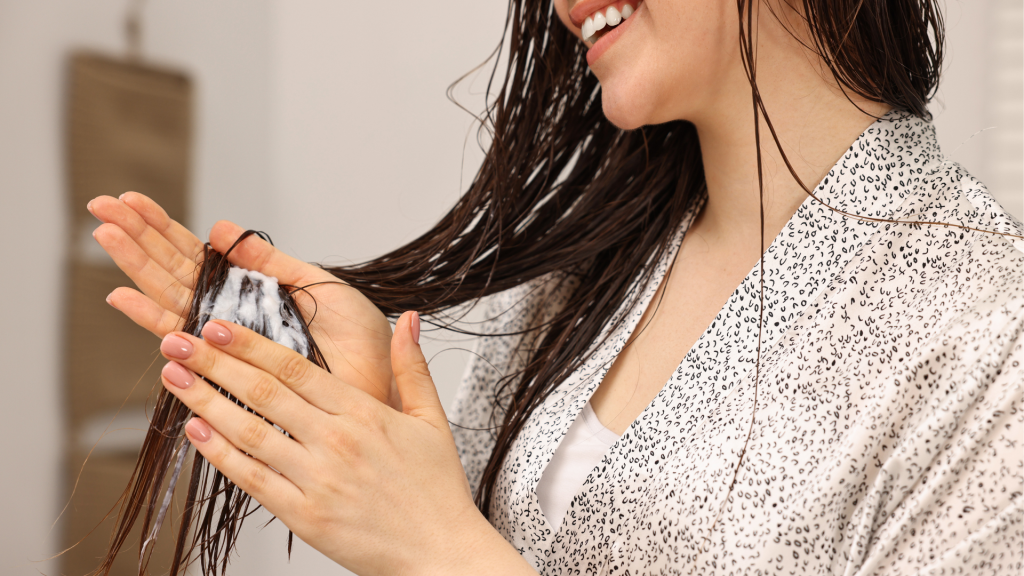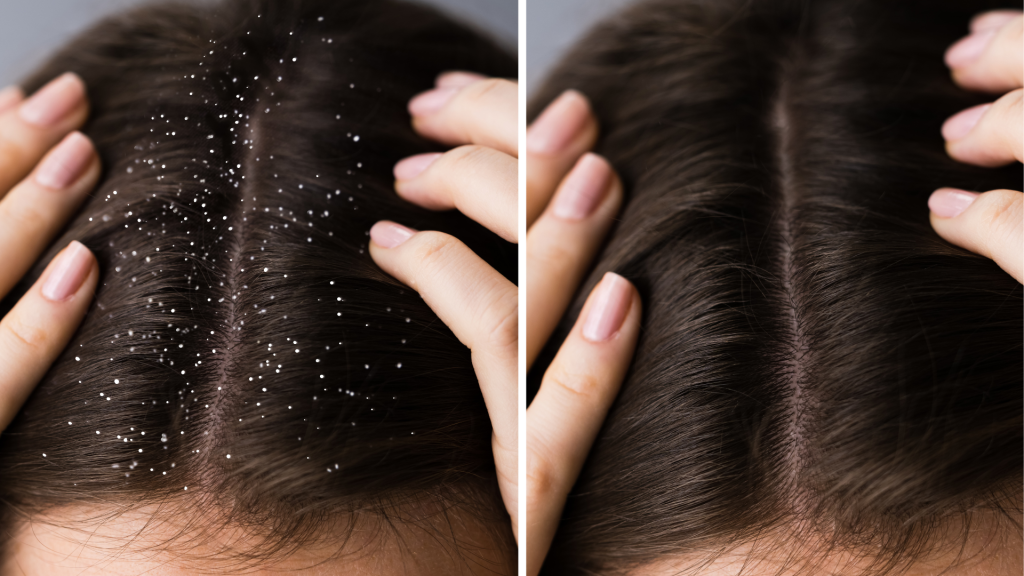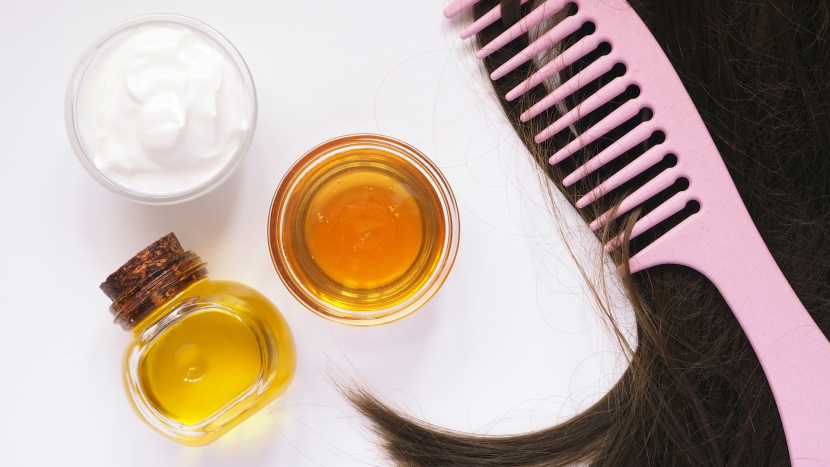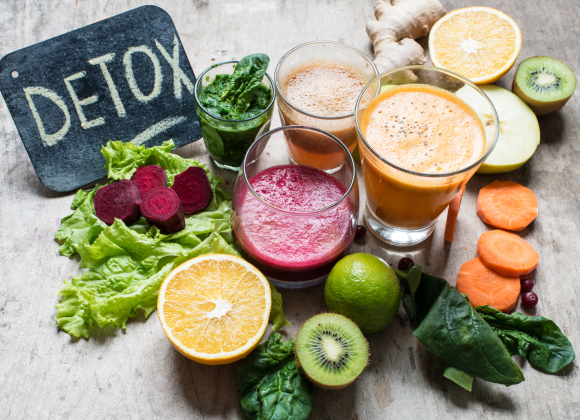Is Curd Good for Hair in Summer?
Yes, curd is very good for hair in summer. Its natural cooling properties help soothe the scalp, which often becomes irritated or sweaty during hot weather. Rich in protein, calcium, and vitamins, curd deeply nourishes the hair and restores moisture lost due to heat and sun exposure. It helps combat common summer hair problems like dryness, frizz, dandruff, and scalp inflammation. When used as a hair mask—alone or mixed with natural ingredients like aloe vera, neem, or coconut oil—curd softens the hair, strengthens the roots, and adds a healthy shine. Its antibacterial and antifungal properties make it especially effective in keeping the scalp clean and itch-free during humid conditions.
Benefits of Using Curd for Hair Care
1. Natural Conditioner:
Curd deeply conditions and strengthens hair follicles thanks to its rich protein, fatty acid, calcium, and vitamin B12 content. It restores moisture, maintains scalp pH, and adds a natural shine to hair.
2. Reduces Hair Fall:
Packed with lactic acid, protein, zinc, and biotin, curd nourishes the scalp, clears dead skin, and unclogs follicles—reducing hair fall and boosting healthy growth.
3. Stimulates Growth:
Vitamin B5 and essential nutrients in curd improve blood circulation to the scalp, encouraging the growth of new strands and preventing baldness.

4. Adds Shine:
Its moisturizing properties and mild exfoliation promote softer, shinier, and silkier hair. Combine it with olive oil or coconut oil for extra radiance.
5. Fights Dandruff:
Curd has antibacterial properties and contains Propionibacterium that helps control dandruff and soothe itchy, inflamed scalps.
6. Strengthens Hair:
The high protein and vitamin content in curd makes hair stronger, reduces frizz, and enhances overall hair texture. Mixing it with honey adds extra nourishment. (🔗)
How to Use Curd for Hair in Summer
- As a Nourishing Hair Mask: To begin with, mix plain curd with natural ingredients like honey, aloe vera, or mashed banana. Apply this blend evenly to your scalp and hair. Then, leave it on for about 30 minutes before rinsing off with a mild shampoo. This mask deeply nourishes your hair, making it soft and manageable.
- For Effective Dandruff Control: Next, to tackle dandruff, combine curd with a few drops of lemon juice or a spoonful of neem paste. Apply the mixture to your scalp and let it sit for 20–30 minutes. Thanks to the lactic acid in curd, this remedy helps eliminate dandruff-causing bacteria and soothes scalp irritation.

- As a Deep Conditioner: Alternatively, for intense hydration, you can use curd alone or mix it with a few teaspoons of coconut oil. After applying it thoroughly to your hair, leave it on for 20–30 minutes. This helps restore moisture to dry, brittle hair and improves overall texture.
- To Reduce Hair Fall Naturally: Finally, mix curd with fenugreek (methi) powder to address hair fall. Apply this paste to your scalp and roots. While fenugreek strengthens the hair follicles, curd soothes the scalp, reducing inflammation and breakage over time.
Potential Side Effects of Curd on Hair
1. Scalp Irritation: Overuse or leaving it on too long may cause itchiness or irritation, especially on sensitive scalps.
2. Cold Sensation: Applying curd in cold weather can cause discomfort or headaches.
3. Build-Up: Not rinsing properly may lead to residue and greasy hair.
4. Allergic Reactions: Rare, but possible—always do a patch test before use.
5. Lemon Combo Risks: Mixing curd with lemon and overusing it can dry out the scalp or cause sensitivity.
Steps to choose the best Curd-enriched products
Before using any curd-based hair product, it’s important to take a few precautions to ensure safety and effectiveness: (🔗)
- Firstly, check if the product is dermatologically tested and carries certifications such as MadeSafe, FDA, and PETA, which indicate safety and ethical standards.
- Secondly, make sure the formulation is free from harmful additives like silicones, artificial fragrances, dyes, and parabens—these can cause long-term damage to your hair and scalp.
- Next, take time to research the ingredient list thoroughly. If you have sensitive skin or allergies, verify that none of the components may trigger a reaction.
- Additionally, consider choosing curd-based products enriched with natural oils such as coconut oil and sweet almond oil, as these boost nourishment and improve overall hair health.
- Lastly, always purchase from trusted, reputable brands. Reading online reviews and customer experiences can help you make an informed decision.
Conclusion
Yes, curd is highly beneficial for hair care due to its rich content of proteins, vitamins, and healthy fats. It serves as a natural conditioner that moisturizes, strengthens, and adds shine to the hair. Curd also helps combat dandruff, reduce hair fall, and promote healthy hair growth. When used correctly—especially in combination with other natural ingredients—it can significantly improve scalp health and hair texture. However, to avoid side effects like irritation or residue build-up, it’s essential to use curd in moderation, rinse thoroughly, and do a patch test before applying. Overall, curd is a safe, effective, and affordable solution for maintaining strong, soft, and healthy hair.




